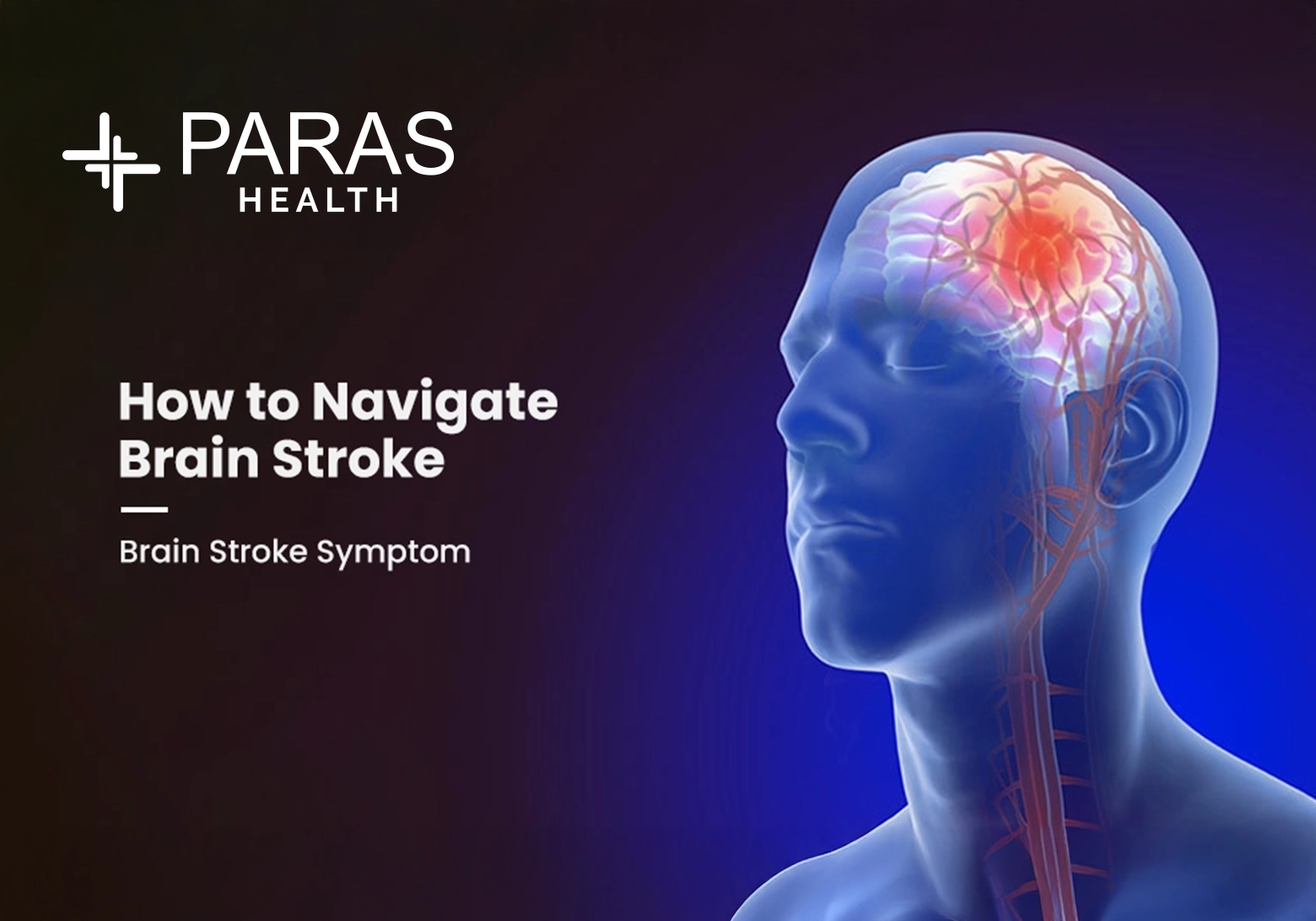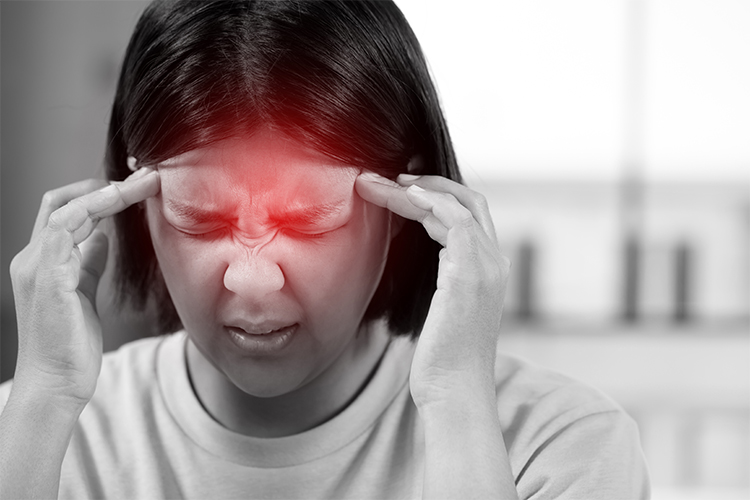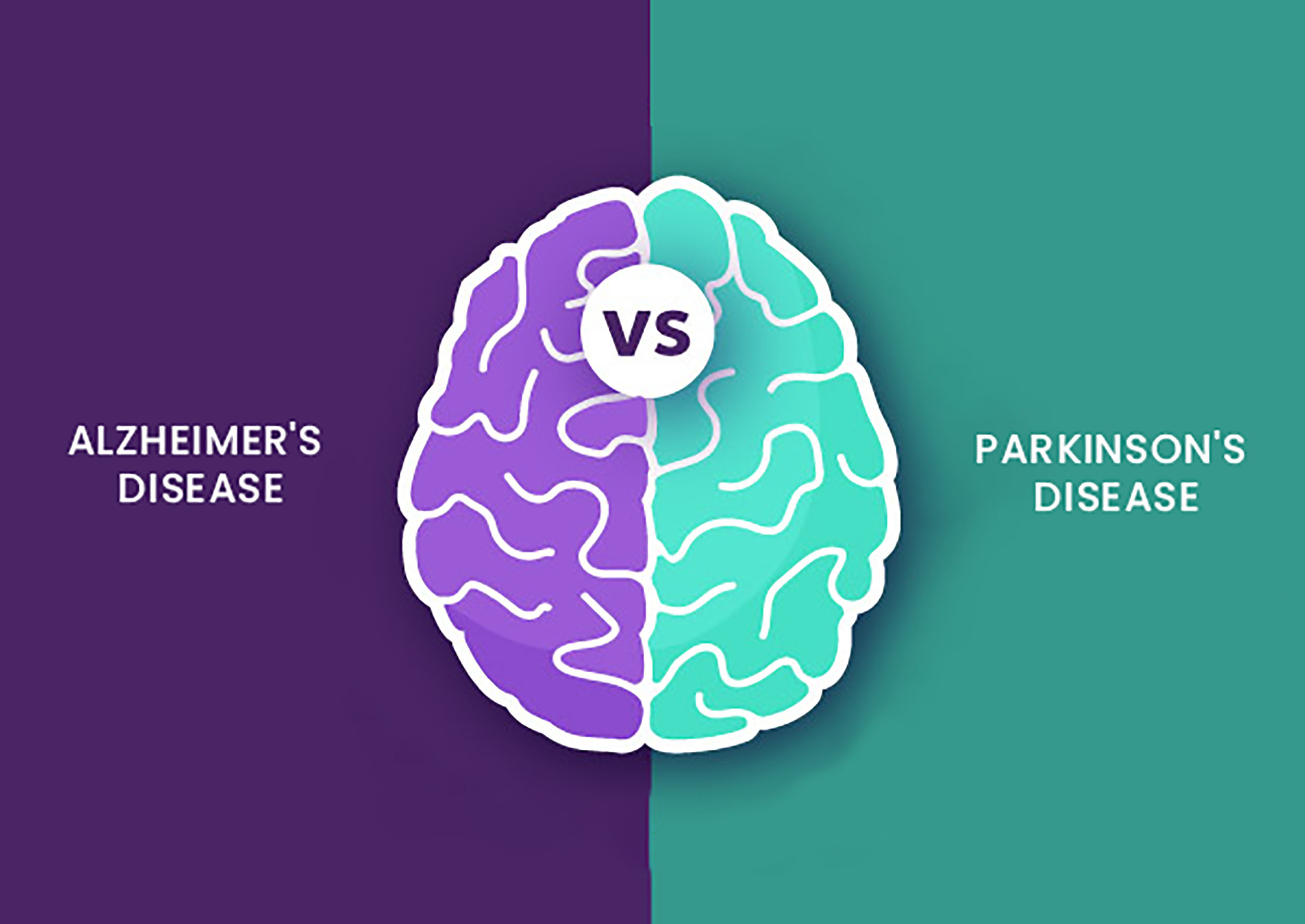Treatment of Epilepsy

Apr 19, 2022
India has more than 12 million people living with Epilepsy – a disease that causes abnormal signals to be sent to the brain causing fits and seizures. This is a neurological ailment that is associated with social stigma, unawareness and these are the main reasons for the majority of the cases not getting diagnosed and not opting for the right medical expertise. Treatment of epilepsy involves medications, changes in lifestyle & sometimes a surgery too. If epilepsy happens because of the tumor, bleeding within brain, abnormal blood vessels, surgery for treating such disorders could stop the seizures.

Treatment associated with Epilepsy:
Medication for prevention of seizures, known as anticonvulsants or antiepileptic drugs could lower the count of the future seizures:
- These drugs are taken orally. What type we our prescribed is dependent on the kind of seizures we have.
- The dosage may require being changed at times. We may require regular blood tests for checking any side effects.
- Always take medicine timely and as per directions. Missing doses could lead to seizures. One shall not stop taking or should not change the medicines by themselves. They should rather consult their doctor.
- Several medicines for epilepsy lea to birth defects. Women planning to get pregnant shall inform their doctors in advance for any modifications in medicines.
Several drugs for epilepsy could affect the bone health. One should speak to their doctor regarding vitamins & other supplements.
Epilepsy which doesn’t get better even post the trial of 2-3 anti-seizure drugs is known as medically refractory epilepsy. In such cases, doctors could recommend surgery:
- For removal of abnormal brain cells leading to seizures
- Placement of VNS or vagal nerve stimulator. This is a device similar to the heart pacemaker. It could assist in reductions in the count of seizures.
Diet and Other aspects recommended for Epilepsy Treatment:
Few children are put on a special diet for prevention of seizures. The most popular is the ketogenic diet. Atkins diet or a diet which is low in carbohydrates could be helpful in few adults too. One should discuss all these options with their doctor.
Medical or lifestyle changes could raise the risk of seizure amongst children and adults having epilepsy. One should consult their doctor regarding:
- Newly prescribed drugs, supplements or vitamins
- Illness, especially the infections
- Emotional stress
- Pregnancy
- Lack of sleep
- Alcohol consumption or use of any other recreational drugs
- Skipping doses of medicines for epilepsy
Other considerations are:-
- People suffering from epilepsy are advised to wear the medical alert jewelry to ensure that prompt treatments are obtained if the seizure takes place.
- Individuals suffering from poorly controlled epilepsy are advised not to drive. One should check the law of their state regarding which people with a seizure-history are allowed to drive.
- One should not use any machinery or do any activity which could result in loss of awareness i.e. climbing in high places, swimming alone or biking.







